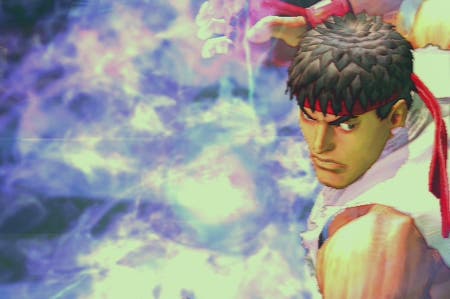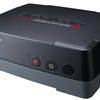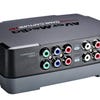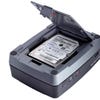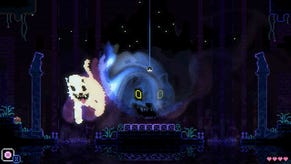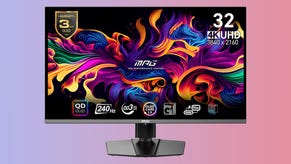Game Capture HD Review
A standalone HD recorder for £130 - what's the catch?
Capturing high definition video typically requires a moderately powerful PC, a bespoke capture card and a hard drive big enough and fast enough to deal with multi-gigabyte files that can account for just a few minutes of footage: fine for the technologically literate with cash to spare, but not so easy for those simply looking for a way to easily and cheaply record some HD action from their games machines. Enter the Avermedia Game Capture HD - an all-in-one "plug and play" device that records video from any current generation console directly onto hard drive or even a USB stick.
Let's get one thing straight right from the off: Game Capture HD's pitch is all about convenience rather than pristine quality video. It's an entirely different beast to the Blackmagic Intensity Pro we recommended in our pre-Christmas gameplay capture feature. For a start, it only supports analogue component connections: it's the only way to capture footage from all three current generation consoles, because of the HDCP encryption on the PS3's HDMI output and the fact that the Wii doesn't actually have HDMI at all.
To keep things simple, Avermedia covers all bases by supplying a single cable that uses component and RCA audio on one end, with support for PS3, 360 and Wii outputs on the other. Secondly, footage is automatically compressed on the fly as you capture: great for keeping file sizes manageable and for recording onto slower media, but it comes at the cost of a tangible hit to quality.
Game Capture HD is quite small, about the same size as the average network media player or 3.5-inch external hard disk. It's an ordinary-looking grey machine, robustly built with decent plastics and it's highly portable - it can be easily carried around to a friend's house or tucked into the corner of the living room. Front panel controls are spartan to say the least: there's an on/off button, a USB 2.0 port and an infrared receiver for the remote control - that's it. Avermedia is clearly looking to keep things nice and simple for the target audience of this product.
The device itself is designed to operate as a box that sits between your consoles and your HDTV. The universal component cable is connected to your console, which in turn hooks up to your display using standard component cables. All the necessary leads - of satisfactory length - are included in the package. After switching your consoles to the appropriate component output, Game Capture HD is activated via a brief set-up procedure that sees you adjusting settings such as the date and time and the quality level of your captured videos. The settings menus are functional and text-only (the device is built around a Linux kernel) but they get the job done and once initial configuration is complete, it's unlikely that you'll need to return.
"Game Capture HD allows you to dump off HD screenshots with a touch of a button whether you're recording video or not - a nice touch."
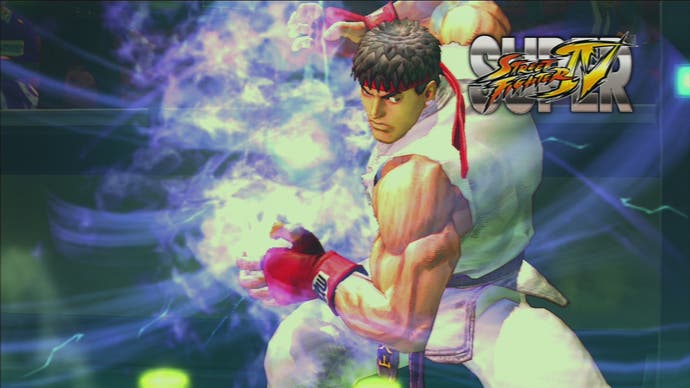
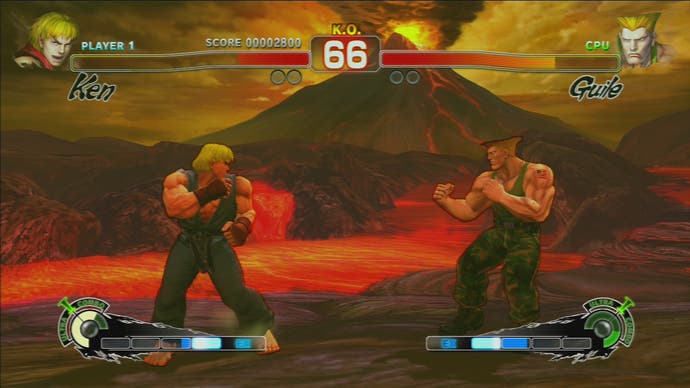
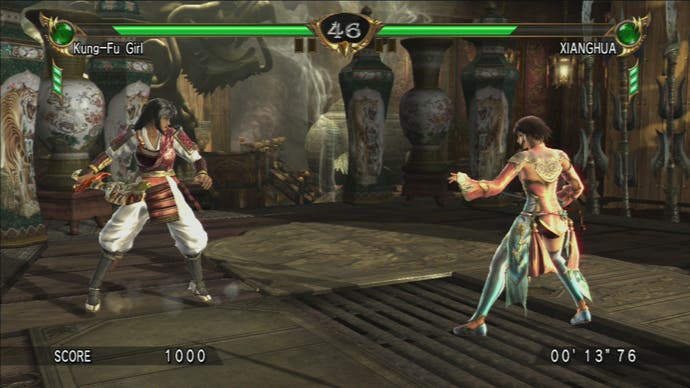

While the package itself contains just about everything you need to get going, there is one notable omission - the recording medium itself. There's a slot on the underside of the unit where a basic 2.5-inch laptop-style SATA hard drive can be inserted, or else an external HDD can be plugged directly into the USB slot on the front of the machine. Standard USB flash drives can also be used here too for an extra layer of convenience, though obviously recording time will be limited.
Avermedia suggests the use of hard disks rather than flash drives, as write speeds vary dramatically, but we tried a couple of different USB sticks without any problems - most flash drives should easily be able to handle the 15mbps top-end throughput of the hardware encoder. For frequent or lengthy use, a hard disk is probably safer, though. We used different external hard drives of various capacities and they all worked flawlessly, whether they were configured to FAT32 or NTFS (this format is preferable since it does not limit the video files to 4GB in size). A word of caution though: not all 3.5-inch hard disks fit into the internal HD slot and, as Avermedia suggests, gamers should measure the height of the drive before installation.
Basic operation is carried out via a somewhat miniature remote controller. In operation, capturing footage couldn't be simpler: having connected the flash drive or hard disk, the user just presses REC on the remote and the Game Capture HD - after a second's delay - starts recording the action directly to the chosen media. There is no lag whatsoever: the user can keep playing offline or online normally and the device just records, minding its own business. The remote also allows for screenshots in JPEG format, individually or as sequences, whether recording or not. Another button press stops the recording, with the resultant file working much like any other AVI video. Game Capture HD offers support for a number of signal formats including 480p and 1080i, but for the majority of people the 720p, 60 frames per second option is the one to go for.
"Games with muted colours and relatively slow motion are captured with only a minimal hit to quality, but it's clear that faster, more colourful gameplay poses real problems for the hardware."
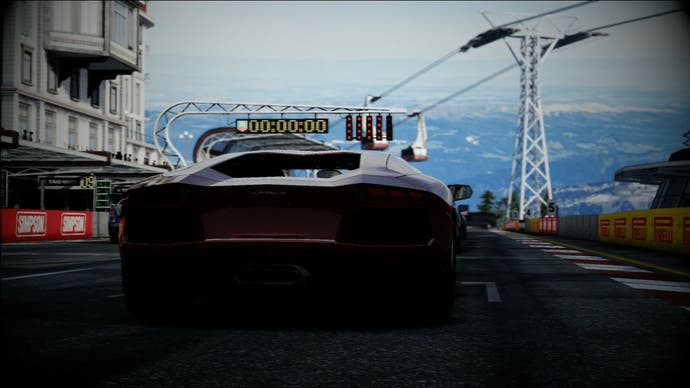
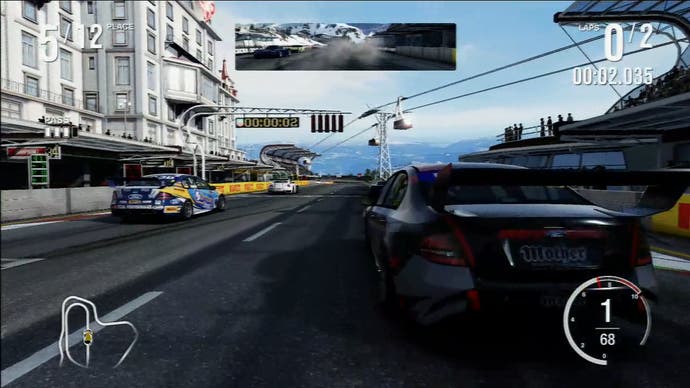
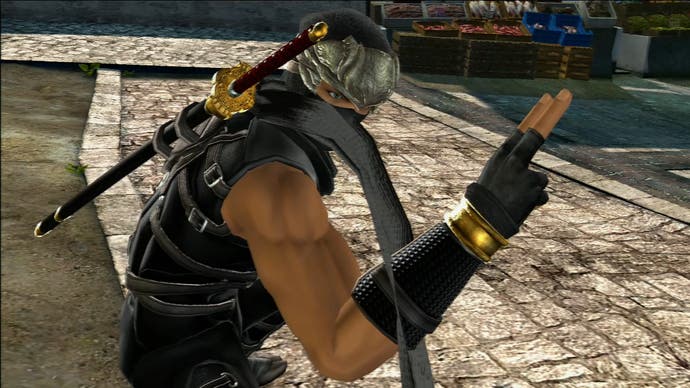
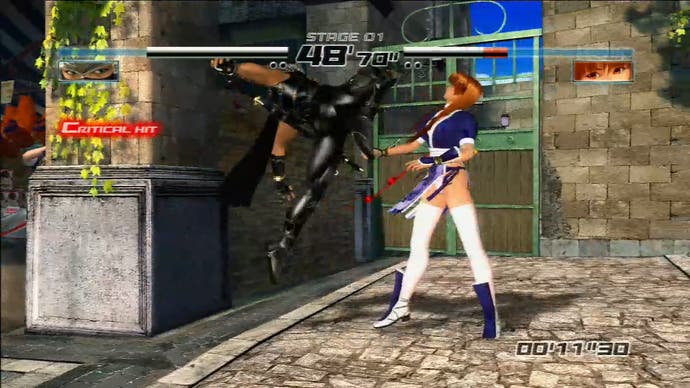
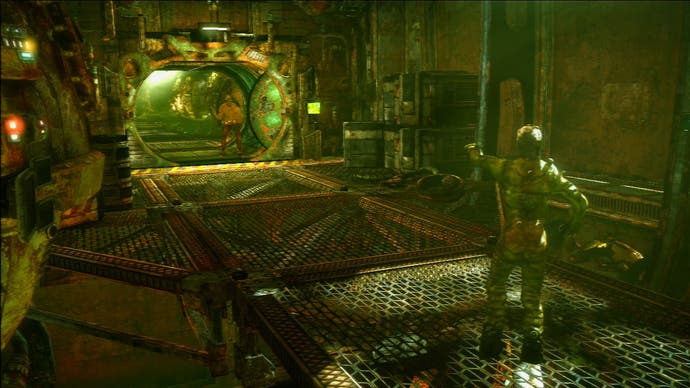
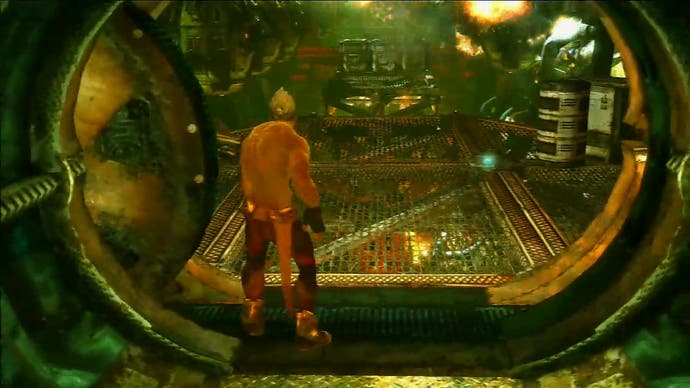
So, what's the quality of the captured video files like? Well, it's not bad, considering that we're working through component connections end-to-end and dealing with what must be a fairly cheap h.264 encoder chip. An HDMI-based system would offer sharper picture, but probably not by that much - the real impact on video quality here is down to the artifacting added by the video compression. Colours are OK for the most part, though somewhat undersaturated, and detail is mostly satisfactory, though fast motion and high detail will cause obvious and noticeable macroblock "popping". Games with muted colours and relatively slow motion (for example, Alan Wake) should be captured with only a minimal hit to quality, but it's clear that faster, more colourful gameplay poses real problems for the hardware.
To give you some idea of how the system copes when dealing with more challenging footage, here are a selection of sample clips taken directly from the box, just trimmed a touch to keep the downloads manageable. The videos here are of games that possess lots of motion, high frequency detail, or plenty of colour - a good workout for stressing the on-board encoder.
"Game Capture HD is a competent, convenient solution to a complicated problem and an honest product that represents good value for money - as long as you are aware of its limitations."
- Bayonetta
- Dead or Alive 4
- Enslaved
- Forza Motorsport 4
- Soul Calibur IV
- Super Street Fighter IV Intro
- Tekken Tag Tournament 2
As the encoding of the files is done during the capturing stage, using h.264 codec at 12mbps for video (in 720p mode) and 128kbps MP3 for stereo audio, the files are instantly playable by almost any PC or media player out there and easily editable by a number of freeware video editors. The quality of the video compression is fine for a device of this cost, though only a rudimentary implementation of h.264 is utilised, which may explain the hit to image quality on fast-moving action. Where we do have some concerns is in the quality of the video taking another hit on a second generation encode, particularly in uploading to YouTube.
Avermedia has launched Game Capture HD in the US for $149, and it costs €149 in Europe. Play.com sells it for £129.99. That's more than what most console gamers are used to paying for a peripheral or accessory, but on the other hand, this is not any old add-on: it's a unique device that does the same job as specialist equipment that costs a lot more money, just not quite at the same quality level.
In short, it's a competent, convenient solution to a complicated problem and an honest product that represents good value for money - as long as you are aware of its limitations. For those looking for good quality at a low price we stand by our original recommendations, but as a standalone box capable of capturing video from a range of consoles with the minimum of fuss, Game Capture HD has got a lot going for it.
